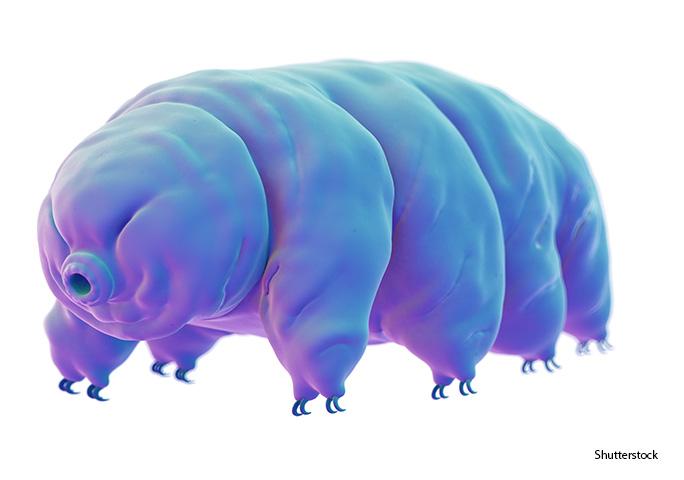 This post was edited by Element 99 at June 18, 2019 2:45 AM MDT
This post was edited by Element 99 at June 18, 2019 2:45 AM MDT
Oh yes, humanity has always thought itself somehow superior, even without the help of some ancient Hebrew scribe saying so.
Our real superiorities are in intellect (though some might wonder that) which does give us some control over our instincts, in our speech, possibly emotions, and extremely prehensile of our hands. The other primates can use their hands and fingers quite well, as can some rodents; but not to human levels.
I think we have more generally-sensitive eyes too, able to see a very range of colours (unless of course colour-blind); balanced against low light-level sensitivity as we are diurnal animals. The nocturnal animals trade light-gathering power for colour-differentiation.
Hearing? Well, some animals can detect higher- or lower- frequency, or softer sounds, than us but hearing is suited to mode of life, and ours comfortable brackets our speech range. Bats work at very high frequencies and can emit calls far more quickly than we could utter single-vowel sounds; and their calls can be much louder though far less powerful than even an opera singer could produce - but all that is to enable them to navigate and hunt flying insects in the dark. Their sight is quite good, but not enough for food-hunting, and even a cat would be blind in the total darkness of a cave that bats navigate easily by echo-locating.
Really, we are still just bipedal, diurnal, ex-tropical mammals that had a curious desire in our very ancient past to wander far from our native Africa and sub-tropics, and settle in some of the most inhospitable regions it could find!
I doubt we'll ever know if there are creatures anywhere far more intelligent than us. If there are, they are not on this planet.
You might be right about micro-organisms adapting to survive our attempts to kill them before they kill us. It's a horrible thought but perhaps diseases, and our natural lack of physical defence against climate extremes that other animals cope with, are really there to keep our population under some sort of control. As it is, I recall reading in a medical or biology book that we are not an especially fertile species, which perhaps is countered a bit by having no particular breeding season; so treating "infertility" as if it's a disease is really the wrong way to view it - though I know there are many who yearn to have children but genuinely can't and end up very disappointed.
